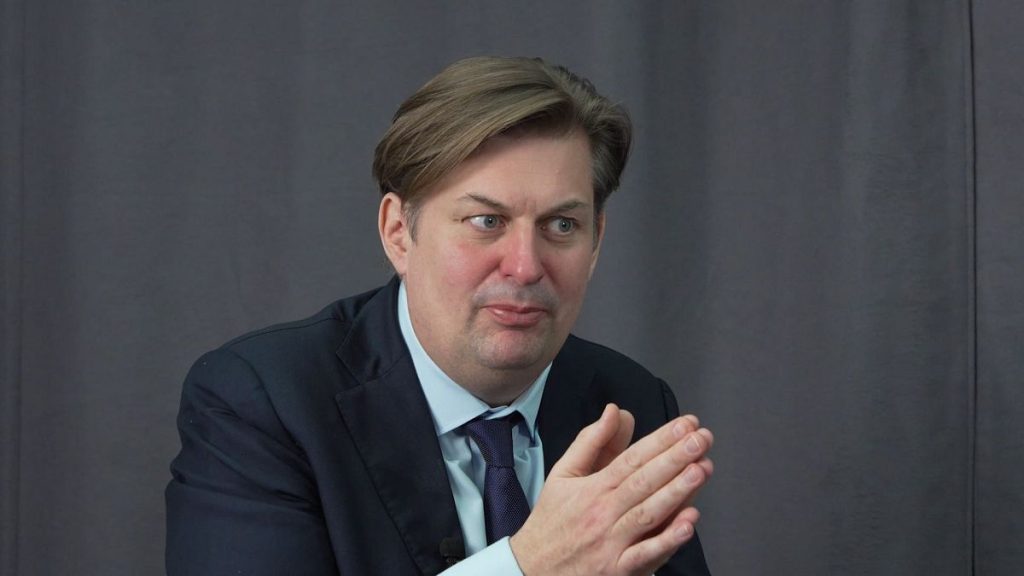Germany’s far-right Alternative for Deutschland (AfD) party is facing a series of scandals just six weeks before the European Parliament elections. An advisor to the party’s lead candidate, Maximilian Krah, was arrested and sacked for allegedly spying for the Chinese government. This comes after allegations that another AfD candidate, Petr Bystron, took money to spread Kremlin propaganda. These scandals are damaging the party’s image, as they are supported by far-right members seeking an ethno-nationalist, racist Republic.
Despite the allegations, both Krah and Bystron remain candidates for the AfD in the upcoming EU Parliamentary election. However, their involvement in corruption accusations has raised concerns about the party’s agenda and potential for gaining power. Dr. Hajo Funke, a politics professor, warns that the AfD wants not only far-right extremists but also disenchanted voters to support them, making the scandals even more damaging. The party is seen as influential and dangerous among right-wing parties in Europe, with radical members seeking to change the current political landscape in Germany.
Intelligence agencies have been warning about authoritarian networks using espionage tactics in Europe for some time now, sparking fears that the AfD could potentially change the constitution if they were to gain power. The allegations against Krah and Bystron could be just the beginning of a larger issue within the party, with some members holding extremist views and seeking to reshape the country. Despite the criticism and calls for accountability, both candidates have remained steadfast in their denial of any wrongdoing.
The German Bundestag recently met to discuss the threats posed by Russia and China to European democracy, with many members voicing concerns about the AfD’s involvement in corruption scandals. Konstantin von Notz, a Bundestag member, called the party “a disgrace” to the country and raised questions about their potential impact on the political landscape. Both Krah and Bystron are currently still candidates for the upcoming election, though Krah chose not to attend a recent campaign event, possibly to avoid further scrutiny.
The scandals surrounding the AfD have brought attention to the party’s relationships with extremist groups and foreign governments, raising questions about their intentions and potential impact on European politics. Critics like Dr. Funke have expressed concern about the party’s radical agenda and its ability to influence voters who may be disenchanted with the current government. Despite the controversies, the AfD remains a prominent player in German politics, and the upcoming elections will determine the extent of their influence within the European Parliament.


